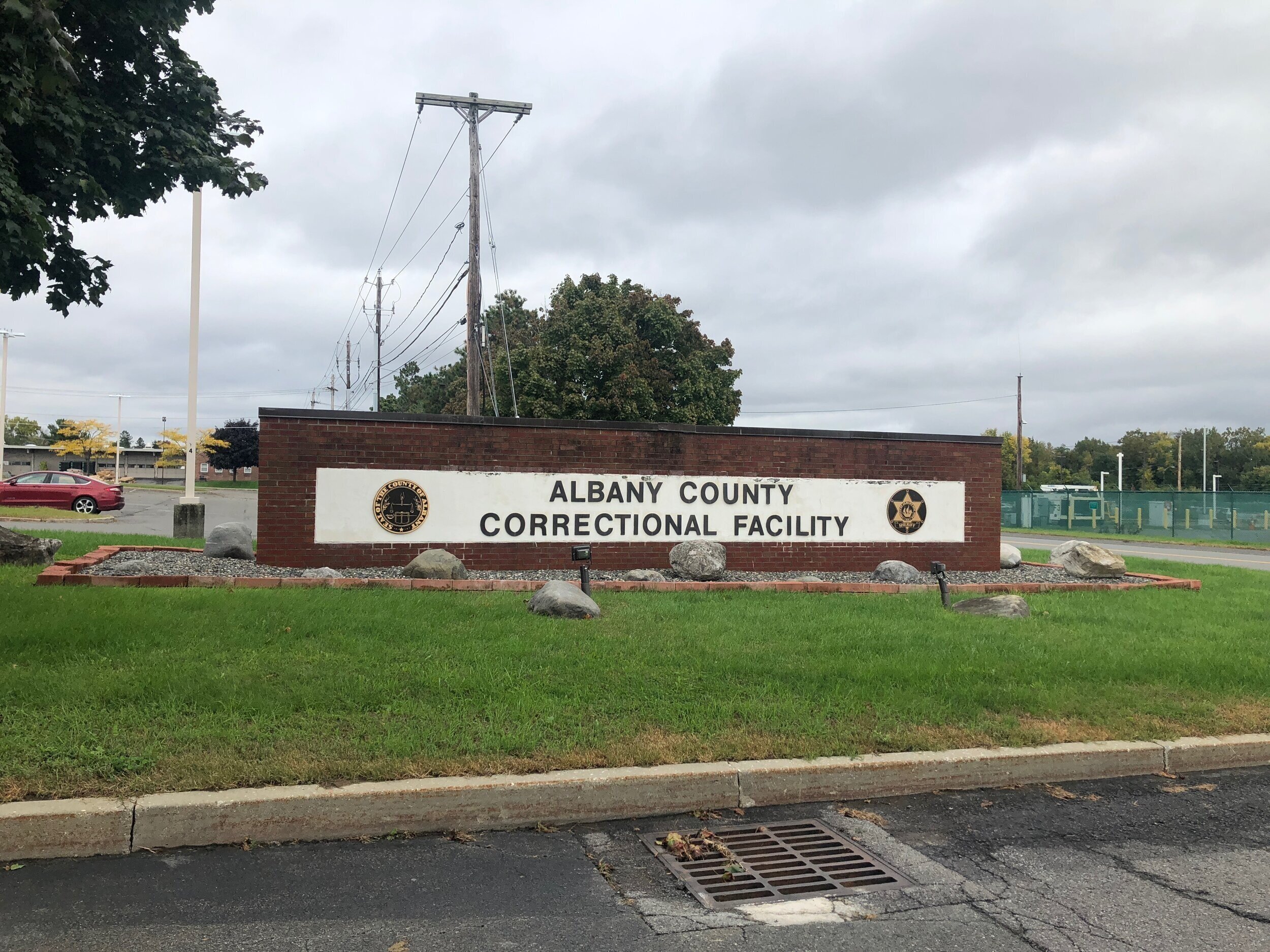Our Story
On January 28, 2017, hundreds of lawyers descended on JFK Airport to help those caught in the Muslim Travel Ban. Three weeks later, we met in a law firm conference room, scared by the recent and upcoming developments, but energized by what we had accomplished by working together. Out of that meeting, the Immigrant Advocates Response Collaborative, or I-ARC, was born. Our mission is clear: to increase access to justice for all immigrant New Yorkers by mobilizing New York’s legal representatives to better serve our communities, organizing our resources and strategies because we are stronger when we work together, and shining a light on injustices and confronting inequalities faced by our communities in the legal system.
I-ARC founder Camille Mackler gives a behind the scenes look at the No Ban JFK Effort that launched I-ARC
Through I-ARC, New York’s immigration bar has fostered and supported stronger connections between legal representatives, facilitating the exchange of ideas, legal theories, and materials that ease the burden put on attorneys by the constant shifts and continued intensification of immigration law and policy. At the same time, we have documented and elevated the breakdown of the immigration legal system to law makers and policy leaders, joining our voice to many efforts and effectuating systems change.
Begun as a volunteer-led effort among our various organizational members, in 2020 I-ARC became its own non-profit. As we look to the future, we will continue to use our legal skills to hold the government accountable to our immigrant communities and their allies, and to fight for each and every person we represent.
Our Founding Projects
No Ban JFK
On January 28, 2017, lawyers flooded airports around the country to help fight back against the first Travel Ban. The photos of JFK Airport in New York, from the protests outside to the lawyers sitting on the floors of the terminals helping families inside, became some of the first iconic images of the push back against the Trump Administration’s anti-immigrant policies. At a diner in Terminal 4, however, a new model was being tested even as it was being developed. With nearly a thousand pro-bono attorneys working around the clock, area non-profit legal services organizations, private bar attorneys, and law firm pro bono coordinators formed a steering committee that met on nightly conference calls to assess the response and determine future work. The lessons learned from No Ban JFK, as the effort came to be called, proved to be the building blocks of future legal rapid response efforts. The momentum from those ten days led lawyers to continue collaborating in unprecedented ways, ultimately leading to the creation of I-ARC.
Albany County Jail
In late June, 2018, at the height of the family separation crisis at the Southern Border, Immigration and Customs Enforcement (ICE) transferred 300 asylum seekers from Texas and California to the county jail in Albany, NY. It was at the time the largest transfer of detainees from the border. At the invitation of the Sheriff and jail administration, I-ARC set up a legal rapid response out of the visitation room. Based on the lessons learned from No Ban JFK and subsequent efforts, the I-ARC network was able to mobilize hundreds of pro-bono lawyers to travel to upstate New York and meet with clients to prepare them for their credible fear interviews while also addressing other legal and non-legal needs. Included in the group, who came from 19 countries and spoke 37 languages, were at least 17 separated parents. In the end, the DOP clients had a CFI success rate of over 93%, compared to the 76% national average at the time. DOP clients were also included in successful litigation efforts by the American Civil Liberties Union and others, including in cases challenging the changes to gang-based and domestic violence-based asylum claims enacted that summer. This kind of effort would never have been possible if local Albany organizations had had to meet the need on their own. Instead, through I-ARC’s networks, local capacity was substantially increased by pro bono and expert immigration legal help from all over the state and, in fact, the Eastern Seaboard, leading to such significant results for the jailed asylum seekers. Six months later, Albany County re-invested money they had earned from ICE for the jail bed space by giving a local legal service provider a nearly $200,000 grant to represent area immigrant residents.
DACA
In September, 2017, then-Attorney General Jeff Sessions announced the termination of the Deferred Action for Childhood Arrivals (DACA) program. Those who held DACA at the time were given one month to renew for one last two-year period, as long as the government received their applications no later than October 6, 2017. Through the communication networks set up by I-ARC, it became evident soon after that date that many applications had not been delivered by the deadline despite having been mailed with sufficient time. As attorneys kept reaching out to exchange stories of late-delivered application packages, I-ARC’s steering committee reached out to the New York Times, which investigated the delays. In the end, thanks to I-ARC’s ability to quickly identify the problem, the New York Times learned that the US Postal Service systems had encountered a glitch, which led to nearly 2,000 applications from around the country being delivered late. Even so, US Citizenship and Immigration Services (USCIS) refused to consider those packages timely filed until further advocacy by I-ARC forced them to change their position and adjudicate the renewal requests




